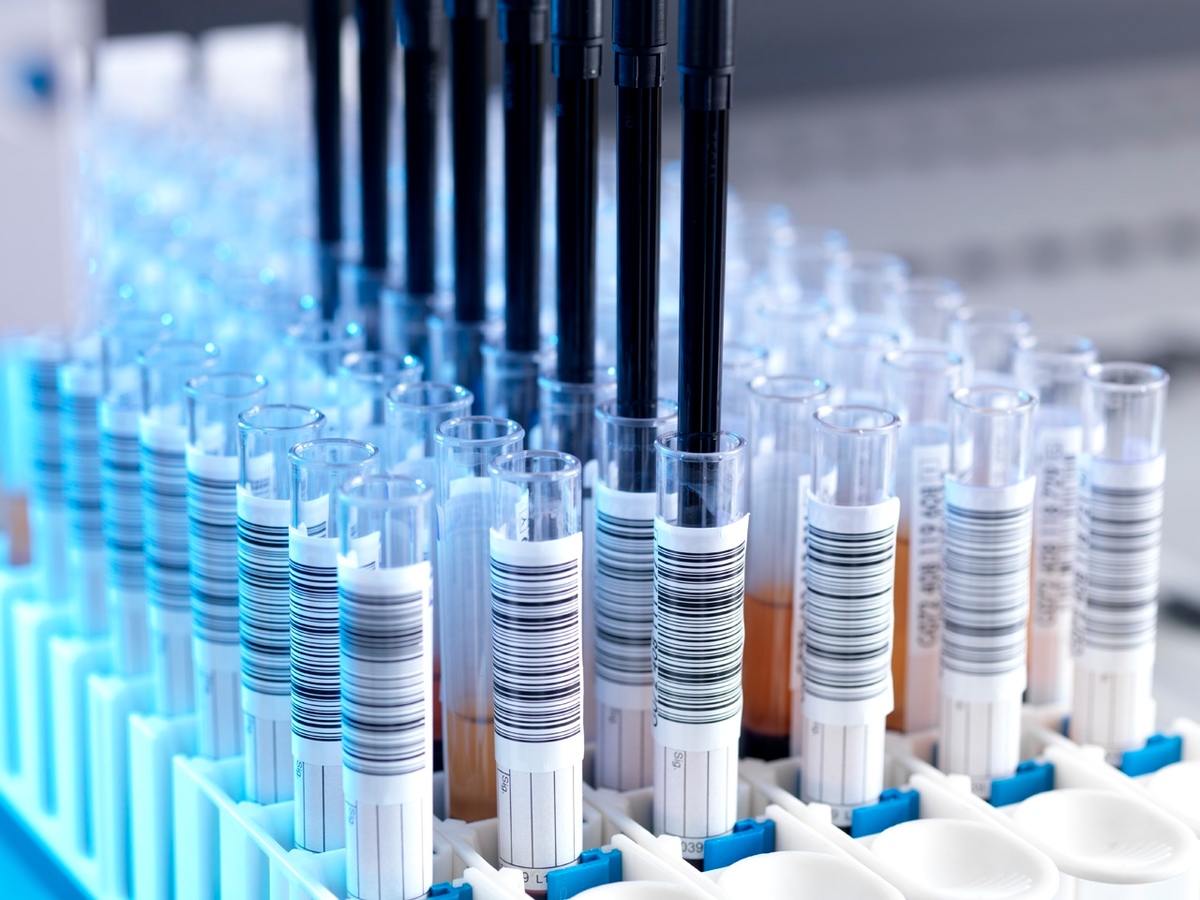NHS Blood and Transplant join partnership putting genomics front and centre in blood matching
NHS Blood and Transplant (NHSBT) is joining blood supply organisations from around the world to form an international collaboration with academic research institutions and a genomic array provider, Thermo Fisher Scientific.
 The Blood transfusion Genomics Consortium (BGC) is an international partnership uniting blood supply organisations and research institutions from Australia, Canada, England, Finland, the Netherlands, South Africa and the USA.
The Blood transfusion Genomics Consortium (BGC) is an international partnership uniting blood supply organisations and research institutions from Australia, Canada, England, Finland, the Netherlands, South Africa and the USA.
The partnership promises to make future blood transfusion therapy more efficient, more accurate, standardized, and safer.
Each year, millions of blood donations provide life-saving treatment to patients all over the world.
The main aim of the Consortium is to design and validate an affordable single DNA-based blood typing test to improve the match between donated blood and patients receiving blood.
This will for the first time set international standards for testing and blood transfusion, with the ultimate goal of improving the safety and efficacy of blood transfusion.
How does blood testing and matching currently work?
Red blood cells have molecules on their surface called antigens which are inherited and differ between individuals.
Current practice is to match blood for transfusion according to the patient’s major ABO and Rh blood groups, for which donated blood is currently tested.
Antigens of the many other blood groups are not routinely matched unless the patient has a reaction, because the current tests are too expensive. This means mismatches between the transfused blood and patient’s blood can occur.
For some, this can cause life-threatening reactions in which transfused blood cells are destroyed by the immune system (antibodies) of the patient.
How is the new test different?
Blood types are determined by approximately 40 different genes. DNA taken from a blood sample can be tested to determine the complete (more than ABO and Rh) blood type profile.
The same test will allow us to rapidly type other tissue (HLA) and platelet (HPA) groups, which can help identify the best matched platelets to give to patients.
Using samples from 8,000 blood donors, the results from the newly designed test have been compared with tests currently used by blood services and findings have been positive.
Dr Gleadall from Cambridge University Hospitals and NHS Blood and Transplant said: “It is amazing to see how the 15-year partnership between NHS Blood and Transplant and the NIHR BioResource has created an opportunity to establish this Consortium – by working jointly with our sister organisations in Australia, Canada, Finland, the Netherlands, South Africa and New York we will be able to deliver improvements in the transfusion care of patients quicker than ever before”.
There is still a lot more work to be done before this test can be rolled out, but Consortium researchers are working hard to ensure the test can be validated and eventually introduced internationally.
To find out more visit The Blood Transfusion Genomics Consortium website.